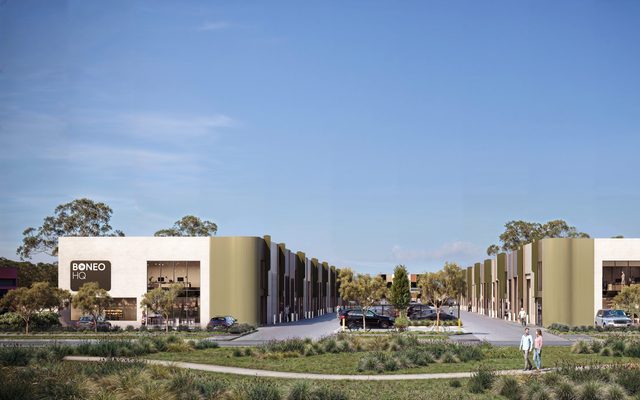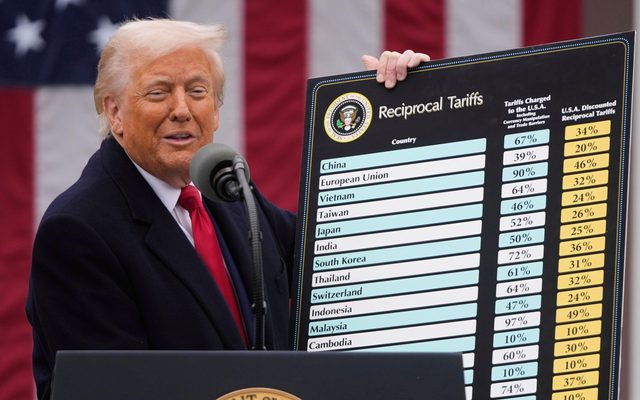This article is from the Australian Property Journal archive
RISING numbers of imported cars have created a new submarket in the industrial sector, according to one agency, which has seen warehouses snapped up in Melbourne for short-term vehicle storage.
JLL estimates at least 500,000 sqm of vehicle storage leases have been quickly signed off across Australia.
The “pop-up” market is tipped to continue until at least the end of 2025. Cars are being stored on behalf of manufacturers across all brands.
More than 173,000 sqm of vehicle storage leases have been secured in Melbourne’s north-west alone, by JLL’s Sandy Ng, on behalf of BTi Logistics.
“This is a sector that didn’t exist 12 to 18 months ago, and it’s having the effect of taking up the short-term vacancies and providing landlords with medium-term value while they seek new tenants or to fill the income gap between tenants relocating,” Ng said.
Third-party logistics suppliers are looking to warehouse cars on short-term leases of three months to two years on behalf of manufacturers as they are offloaded from the ships and prepared for delivery to dealers.
She said suppliers are seeking accommodation in Melbourne’s north-west where they can store cars to protect them from the weather, as all the usual hail-proof covered storage sites are full.
BTi Logistics managing director Michael Parakh said the demand for storage had been driven by a drop in the post-COVID demand for new cars, creating congestion at the docks.
“COVID-related pressures and unprecedented demand certainly kicked things off. Still, a changing economic landscape resulting in reduced demand and an influx of new vehicles into the market has further added to the issues. Now, throw in supply and shipping challenges coming from multiple angles over the past few years and you have a very challenging landscape for OEMs.
“To have the cars sitting at the ports costs an immense amount to the manufacturers involved and further exacerbates congestion issues. Over just the past three months, we’ve doubled our automotive logistics footprint with an additional 85,000 sqm across multiple sites in Melbourne to support vehicle storage and processing.”
BTi is storing 6,000 cars and Parakh said that car storage was a national issue affecting other ports, and expected demand to remain strong for the remainder of 2024 and into 2025, “with no real end in sight.”
BTi is looking at space in Brisbane and Sydney and is negotiating on several new sites in Melbourne “but space is tight, and it is difficult to find and negotiate short-term deals”.
Parakh estimates the take-up of short-term car storage leases could total more than one million sqm over the next 12 months.
Ng said that although Melbourne is the focus of the activity, JLL has seen similar requirements in Adelaide, Brisbane, and Sydney where the agency has also been assisting BTi with their requirements.




